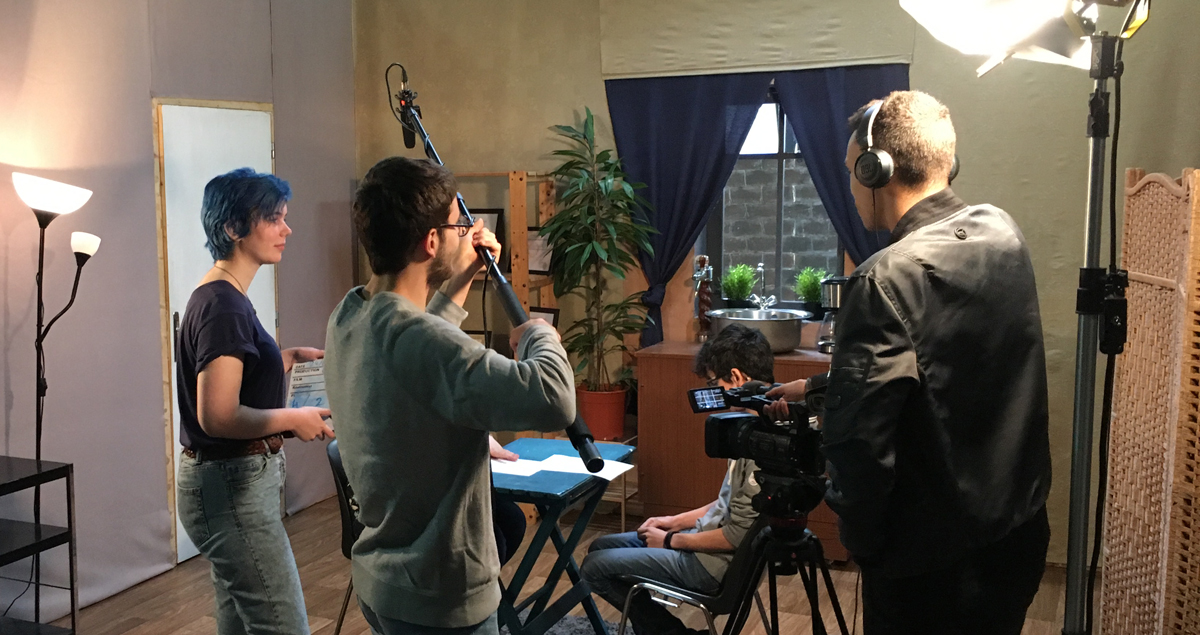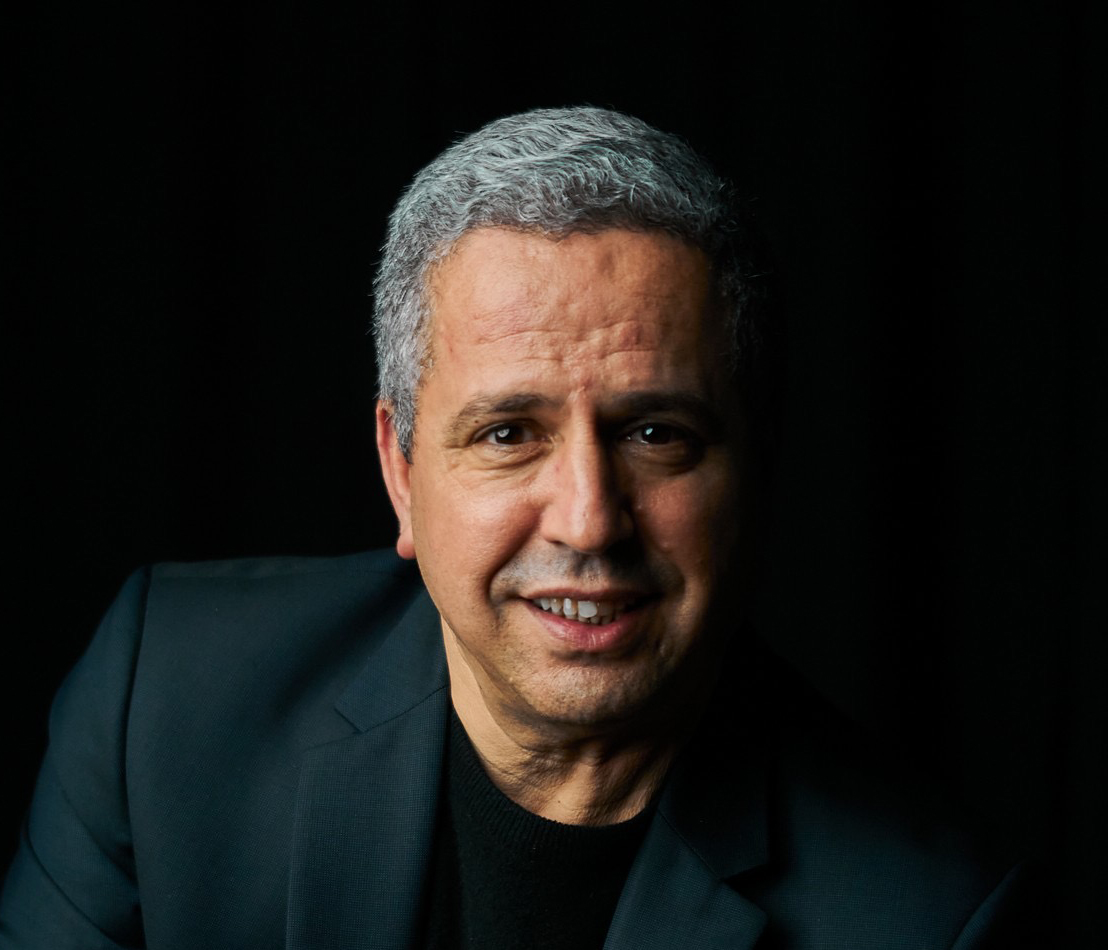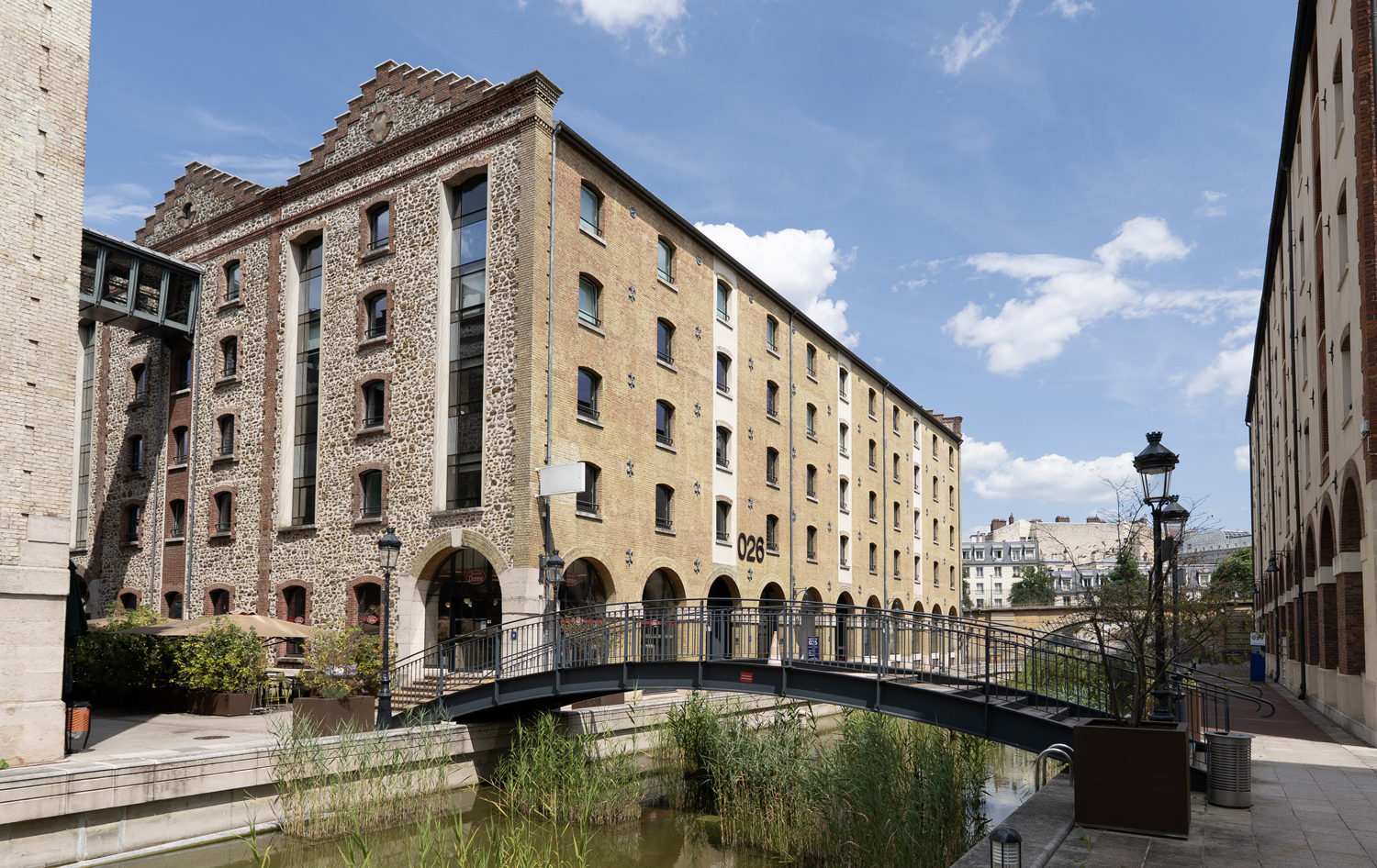Calendar and Organization




1st year

Introduction & Fundamentals
The 1
Objectives
2nd year

Deepening the fundamentals
The objective of the 2
Objectives
3rd year

Specialization & professionalization
The 3spécialisation, tout en consolidant les compétences acquises au cours des deux premières années.
5 specializations: Screenplay, Direction, Assistant Director/Script/Design Manager/Production Manager/Producer, Image and Sound Editor.
Calendar subject to change according to the programs.
Objectives
Training through experience, revealing through practice

“Our ambition is not just to train, but to teach. The courses we offer are not designed to be comfortable. Here, there is no omniscient master and imitator student. Our motto is to “combine difference” to stimulate creativity and dynamism.
Each individual has a unique sensitivity that they must put at the service of their profession, their profession... of their art. Cinema is a crossroads where practices as diverse as painting, poetry, architecture, architecture, architecture, architecture, architecture, psychology, psychology, economy, technique and even magic meet and intertwine.
The guiding principle of our professional learning is based on transdisciplinarity: accepting to learn and mastering the know-how. In cinema, as in other artistic fields, diplomas are not everything. There is no substitute for training that allows you to acquire the solid skills and knowledge to do your job. For each student, building their professional project means creating their knowledge, undertaking, and transforming themselves. This metamorphosis involves a training course and the acquisition of knowledge, coupled with apprenticeship in the field, at the heart of the chosen profession.
We want to train students in their future profession through practice. To work in the entertainment industry, they will need a lot of skills. Each student produces numerous projects during their studies. Organized in an evolving manner, from interviews to short fiction films to advertising, these projects are crucial for learning. ”



